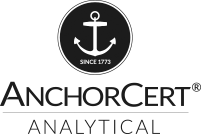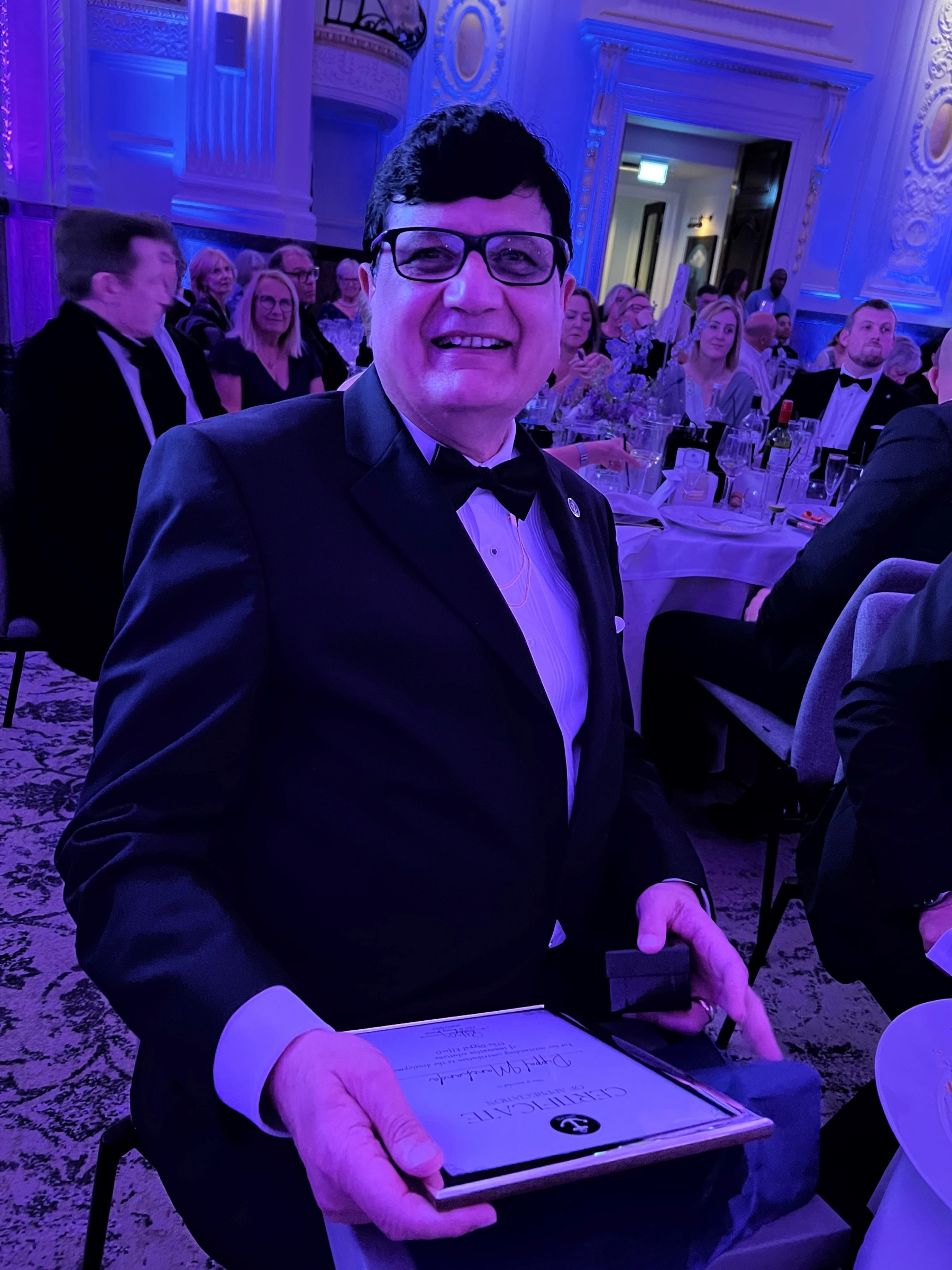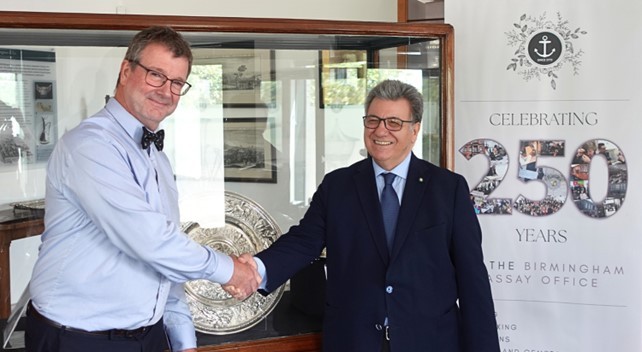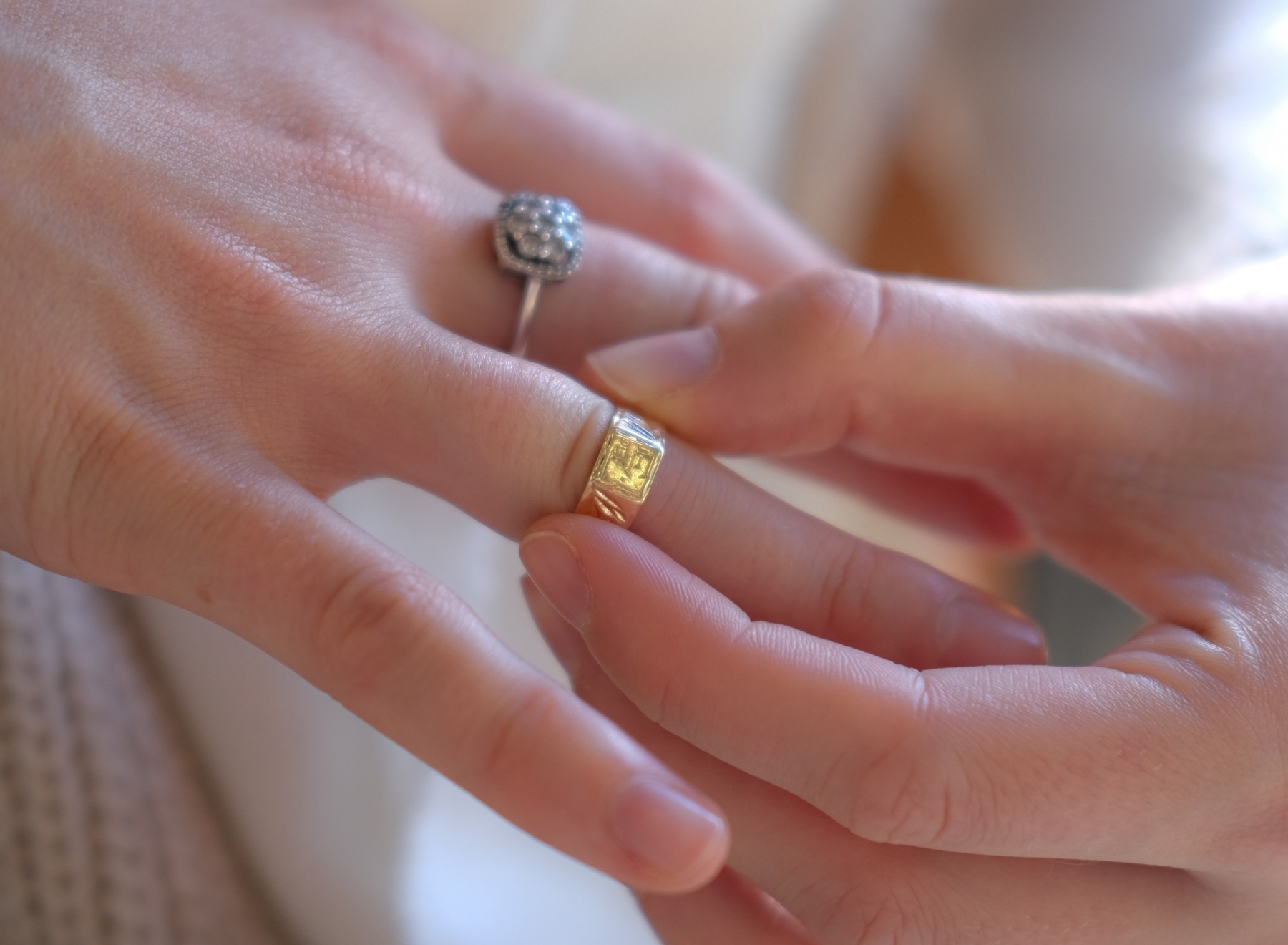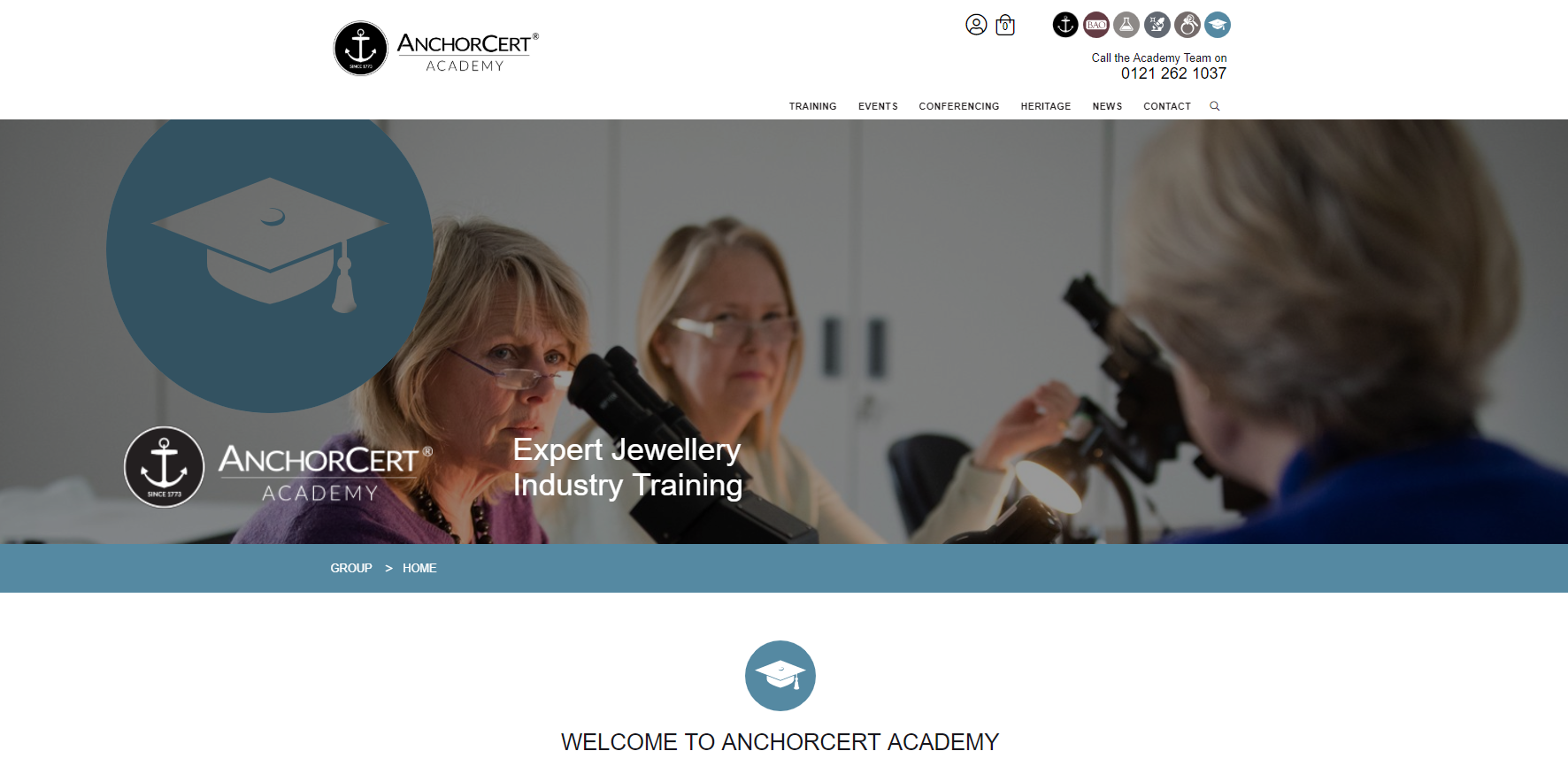Rapaport Certification Conference Tackles Synthetics
By Rapaport News
RAPAPORT... The annual Rapaport Certification Conference that took place at the JCK Las Vegas show highlighted that jewelers are responsible for the authenticity of the diamonds theyâre selling.
âJewelers have the first line of responsibility for the product they sell,â explained Cecelia Gardner, the president and CEO of the Jewelerâs Vigilance Committee (JVC). âEveryone in the pipeline has a responsibility to the purchaser for their product, and they cannot pass along that responsibility just because theyâre relying on a third party [grading report] presentation.â Saville Stern, the chief operating officer of RapNet, Rapaportâs diamond trading network, who moderated the discussion, posed the question regarding who is responsible when a consumer claims that the diamond they bought was not disclosed as a synthetic stone. Gardner stressed that according to the U.S. Federal Trade Commission (FTC), when a product is described as a diamond, it is assumed to be a natural diamond. Additional language is required to describe the stone as man-made, with acceptable terms including lab-grown, lab-created, lab-manufactured or synthetic diamond. She reported that the majority of complaints that the JVC receives in this category are, in fact, not sellers passing off man-made diamonds as natural, but people selling glass or cubic zirconium as a lab-grown diamond, in an attempt to raise the price of the sale. Still, Gardner stressed that a person who sells a synthetic diamond without disclosing that itâs man-made has engaged in a deceptive trade practice regardless of the size of the diamond. She added that the same applies to not disclosing if a diamond has been treated for color enhancements. James Shigley, a research fellow at the Gemological Institute of America (GIA), asserted that all synthetic diamonds can be detected but he noted that treatments to improve the color of a diamond present a greater challenge because they exist in greater frequency. Sabyasachi Ray of Indiaâs Gem & Jewellery Export Promotion Council (GJEPC) asserted that the industry may be overreacting to the synthetics issue since they represent a very small portion of the market. Even though panelists acknowledged the small size of the market, most agreed that itâs not an issue the industry can ignore. A diamond appraiser in the audience noted that consumers are generally not concerned about synthetics when having their diamond appraised. Rather, she explained that theyâre concerned with having the most accurate grading of the diamond. âConsumers want to make sure that the grading report matches the diamond they have,â she added. Stern extended the question to clarify who is responsible if you falsely sell a diamond as a higher color or clarity grade. Gardner explained that the law acknowledges that subjectivity is built into the process of grading a diamond since assessing color and clarity requires a human element. Therefore, a one grade variance is generally allowed before an argument is posed about the discrepancy being purposeful. âIf you have a three-to-five grade variance, I would say there is a real case of intent,â she said. Regardless, panelists stressed that it is the duty of the seller to know their product, particularly jewelers. âSaying âI donât knowâ is not sufficient,â Gardner said. âGiven todayâs reality, jewelry retailers have to exert a quality control program to protect them from engaging in a deceptive trade practice. The same applies to everyone else in the trade too.âAre you a retailer? Can you be sure that the diamonds you sell are natural and not treated?Â
AnchorCert Gem Lab offers all the services you need in order to provide confidence in the items you are selling, and therefore adding value and reassurance for your customers. AnchorCert has invested heavily in equipment and expertise to authenticate and grade diamonds, gemstones and pearls and specifically to identify treatments and synthetics. Every Diamond is assessed by the Lab to ensure that it is natural, elimating any suspicsion over whether a diamond is treated. AnchorCert is the UKâs leading Gem Lab and the only one with services accredited by UKAS to ISO 17025. If you would like to find out more about the services and reports provided by AnchorCert Gem Lab contact the team today on 0121 236 2122 or email gem@theassayoffice.co.ukInternational Jewellery London 2014, Olympia
Come and talk to the team at IJL.
Assay Office Birmingham will be on stand B60Â
Your item has been added to the basket
You need to create an account, or login before you can add this item to your basket.
